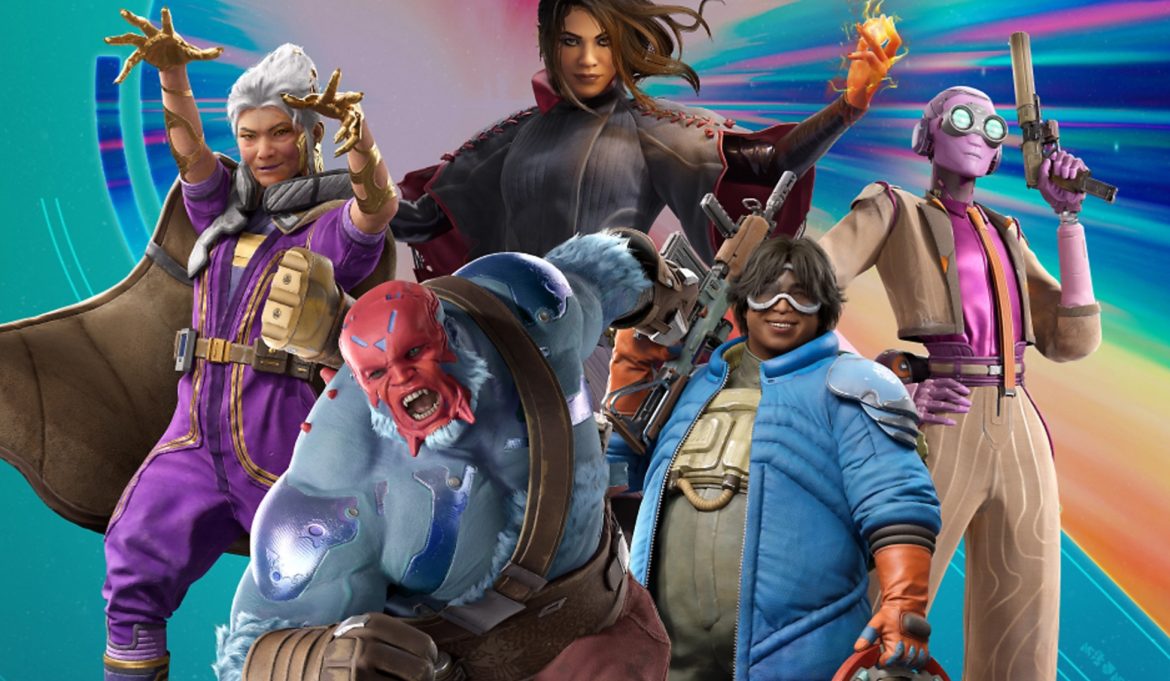TL;DR
Sony's new sci-fi shooter, Concord, boasts a fresh universe and cool character designs but struggles with outdated PvP mechanics and frustrating progression systems. Despite promising a unique multiplayer experience, its launch saw dismal player counts. Issues like character-specific leveling and inconsistent network performance, coupled with a lack of narrative, left players wanting more. Sony has since pulled the game and is issuing refunds, with its future uncertain. Does Concord have what it takes to make a comeback? Read the full review to find out.
Update: Following its release, Sony has decided to withdraw Concord and issue refunds to those who purchased the game. Currently, the game is unavailable for purchase. Its future availability is uncertain, though it may return as a free-to-play title or potentially as part of the Playstation Plus subscription.
Concord is set in a galactic environment, following the exploits of the Freegunners, a band of mercenaries who traverse the galaxy aboard their ship, the Northstar, engaging in skirmishes with rival factions. Players assemble a team and participate in PvP battles, with up to five players per team. Collaborate with friends to form your own squad and embark on adventures within this new sci-fi universe.
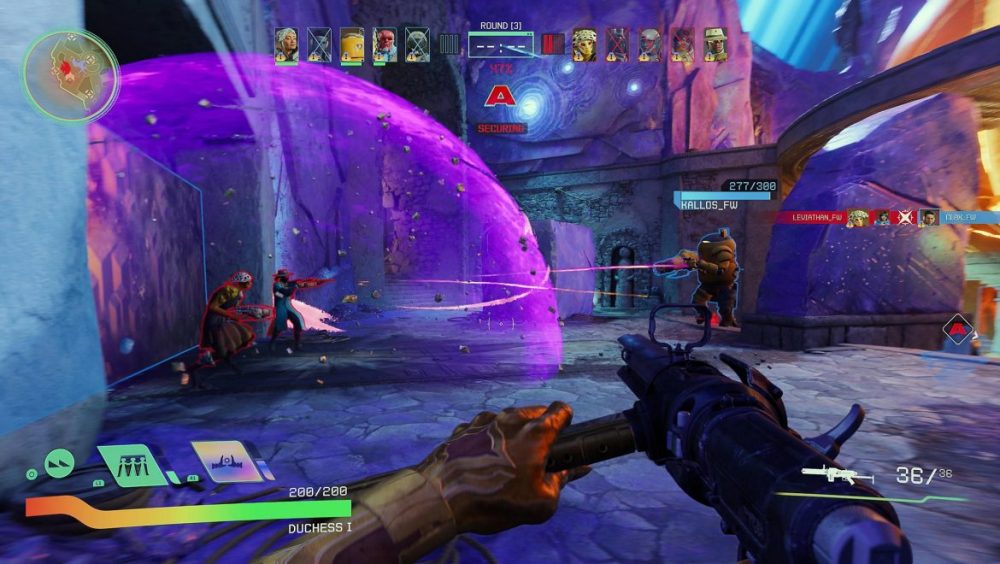
Years ago, we organized a local multiplayer session, connecting two Xbox consoles and playing Nightfire and Halo across separate projector screens. The experience was intensely competitive and memorable. The thrill of victory was exhilarating, and the sting of defeat equally potent.
The advent of online multiplayer allowed for a similar experience, but with a mix of known and unknown players. While often engaging, this format can also be frustrating, as encountering highly skilled opponents is commonplace. The trailer for Concord evoked a sense of that earlier, more intimate multiplayer experience. The question is, does the game deliver on that potential?
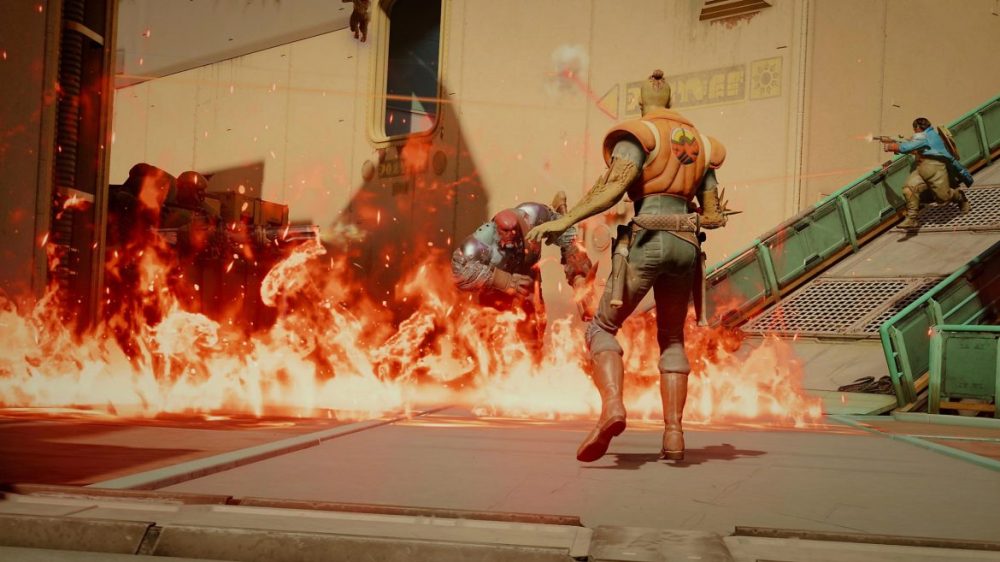
Concord has been released for Playstation 5 and PC, but its launch performance has been underwhelming. Reports indicate a concurrent player count of approximately 600, which pales in comparison to titles like Suicide Squad – Kill the Justice League, which, despite being considered a significant disappointment, still maintained a player base in the thousands. This raises the question: what factors contributed to Concord’s initial struggles?
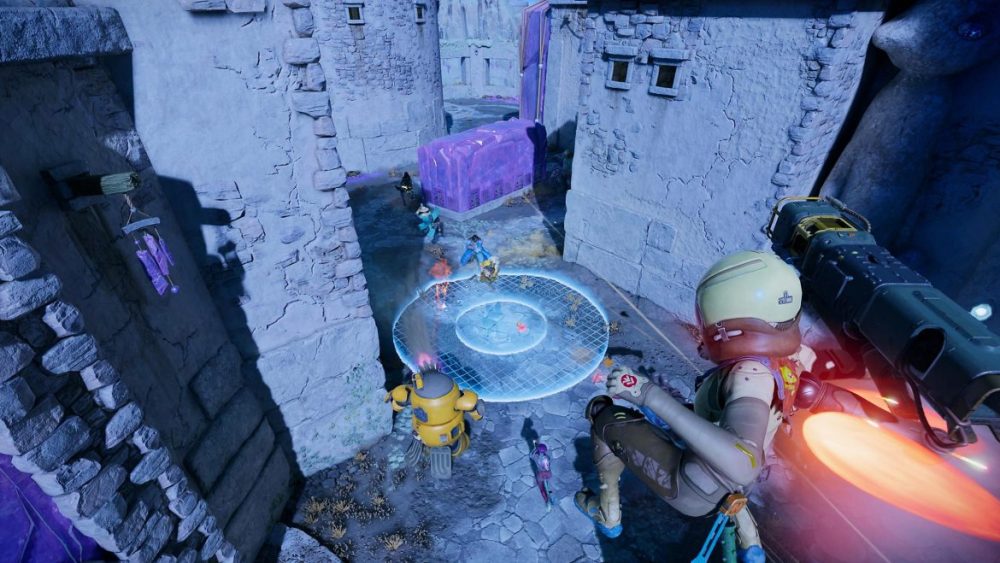
Concord exhibits several positive attributes. The developers have established a novel universe populated with original characters, unconstrained by pre-existing intellectual property. This allows players to fully immerse themselves in the lore and connect with the characters. The character designs and cutscenes are well-crafted, suggesting the potential for a fresh take on a well-worn genre. However, certain design choices hinder its success.
Notably, Concord lacks innovation in its PvP mechanics, adhering to familiar gameplay loops established decades ago. Core objectives revolve around eliminating opponents and securing strategic locations, echoing classic “capture the flag” scenarios. The gameplay essentially boils down to basic run-and-gun mechanics. The distinctive world offers little more than superficial aesthetic variation.
A significant point of contention is the character-specific leveling system. Progression is tied to individual characters rather than the player profile. Consequently, switching to a different character resets the player’s level, potentially negating progress earned with a previous character. Furthermore, the shared character pool allows opponents to select a player’s highest-level character, forcing the player to choose a lower-level alternative. This design choice can be particularly frustrating.
Furthermore, network performance is critical, and inconsistent connections can render the game unplayable. The absence of a single-player campaign or overarching narrative further detracts from the overall experience. Matches often feel inconsequential, lacking meaningful context. The presence of mirrored characters on opposing teams exacerbates the feeling of detachment.
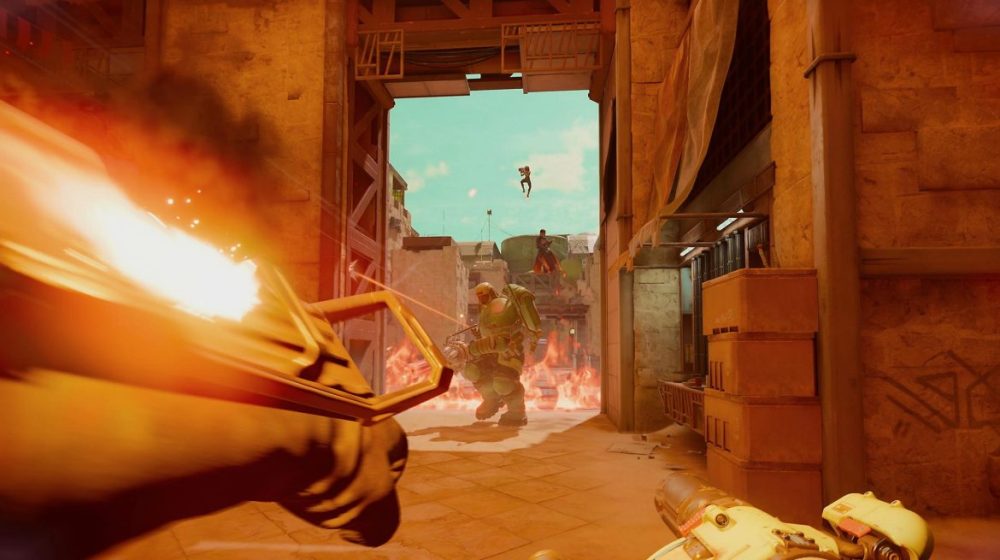
In conclusion, Concord falls short of its potential. A greater emphasis on innovative gameplay mechanics, rather than solely focusing on superficial aesthetics, could have significantly improved the game’s overall reception and rating.
Sony Interactive Entertainment provided a review code for this evaluation. The provision of materials does not influence our editorial assessment.
